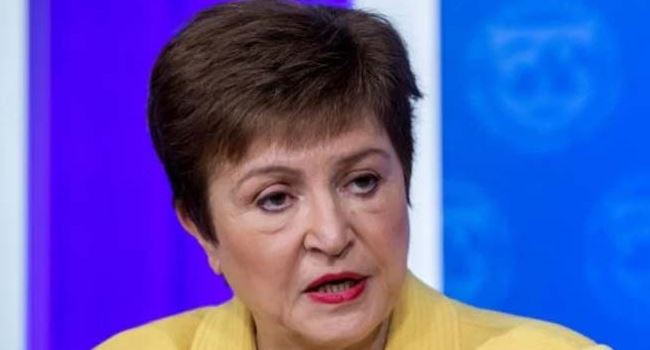The International Monetary Fund (IMF) has thrown its full weight behind CBN’s decision to ban crypto transactions in the country, saying regulating the digital currency remains a concern not just to the Central Bank of Nigeria (CBN) but to other regulators and Apex Banks around the world.
This was made known by IMF Resident Representative for Nigeria, Mr. Ari Aisen, who said during a virtual media briefing on the Fund’s Article IV on Nigeria which was released last week.
You would recall that the CBN had recently directed banks and other financial institutions to close accounts dealing in cryptocurrency or facilitating payment for cryptocurrency exchange, with immediate effect.
Read Also: Coronavirus: 90 Countries Turn To IMF For Emergency Funds
It had also directed banks to expose any individual and entity running such accounts, warning that failure to adhere to the directives would attract strict sanctions.
The apex bank in the circular cautioned deposit money banks (DMBs), non-bank financial institutions (NBFIs), and other financial institutions (OFIs) and members of the public on the risk associated with transactions in cryptocurrency.
Responding to a question on the apex bank’s action, Aisen noted that a lot has been changing regarding the payment system, saying that, ‘the issue with some of these cryptocurrencies is that perhaps some care should be taken about their activities and the use of cryptocurrencies.’
Speaking further he said: ‘Actually, central banks, not only in Nigeria have this concern about what kind of activities that cryptocurrencies might be supporting and how best to monitor those activities.
‘Some of them are involved in illegal activities; some may be related to money laundering, even drugs, and other initiatives and it is natural that the authorities would be extremely concerned about how best to supervise, improve, and supervise the use of cryptocurrencies.’
He pointed out that there remains a dilemma around how best to regulate the digital currency market.
‘We know that the Central Bank of Nigeria is concerned about it and trying to decide the best policy around this for the benefit of the payment system and the sustainability of the financial system,’ he added.
AFRICA TODAY NEWS, NEW YORK

